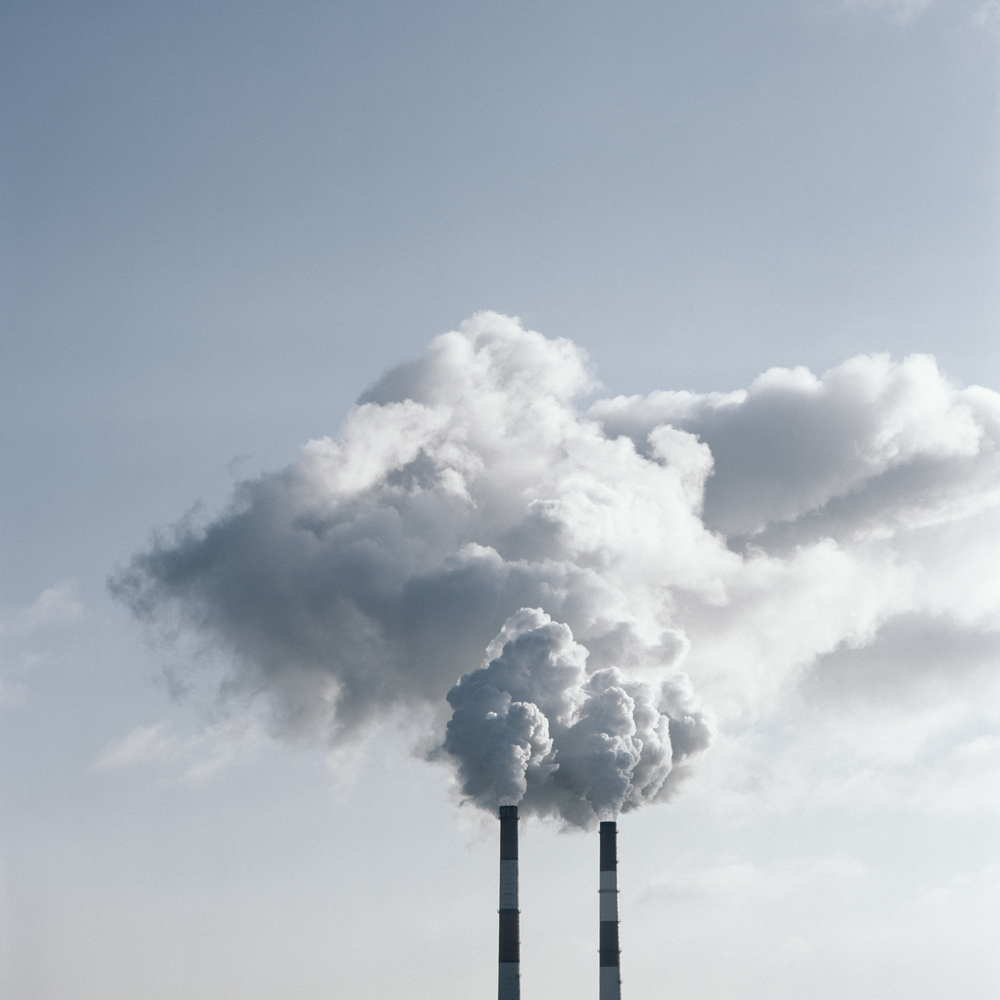Endometriosis is a very frequent, albeit difficult to diagnose disease that affects mainly reproductive-age women and is caused when endometrium (inner lining of the uterus) cells that normally grow inside the uterus begin to grow outside the uterus, leading to infertility and pelvic pain, usually during menstruation. The pain is caused by the inflammation associated with the cyclic detachment of cells from the wrong site during menstruation. One of the most affected sites is the ovary, where endometriosis is characterized by the formation of an ovarian cyst called endometrioma.
In spite of this knowledge, the causes of endometriosis are poorly understood. Our industries produce a large amount of toxic chemicals and a great fraction of them stay on the environment for long periods of time affecting all life on earth. There is increasing evidence on the negative effects of these chemicals in human health and some relationships between these pollutants and severe diseases such as cancer, infertility, inflammatory and thyroid disorders have been established.
Dioxins are highly toxic and have been found in the blood of newborn babies and associated with birth defects. To review the effects of these toxic chemicals on the onset of endometriosis, a team of experts from highly renowned research institutes in Italy and Switzerland searched for studies in the available literature that investigated this association.
Some early reports found that dioxins were associated with the development of endometriosis in animals and also in women. Nevertheless, the increasing evidence available on this topic presented conflicting results. This may be a result of the different study designs and small number of study individuals. All 20 studies reviewed by the research team had different sample selection processes, different methods of assessing the pollutants and different statistical tests used. Either way, a connection between dioxins, other similar toxins and endometriosis seems to be plausible. The mechanism behind this phenomenon still eludes researchers although the immune and hormonal body systems may play a role on this matter.
The authors believe further studies are necessary to assess thes relationship between toxic chemicals and endometriosis, along with new ways to counter such negative effects .

